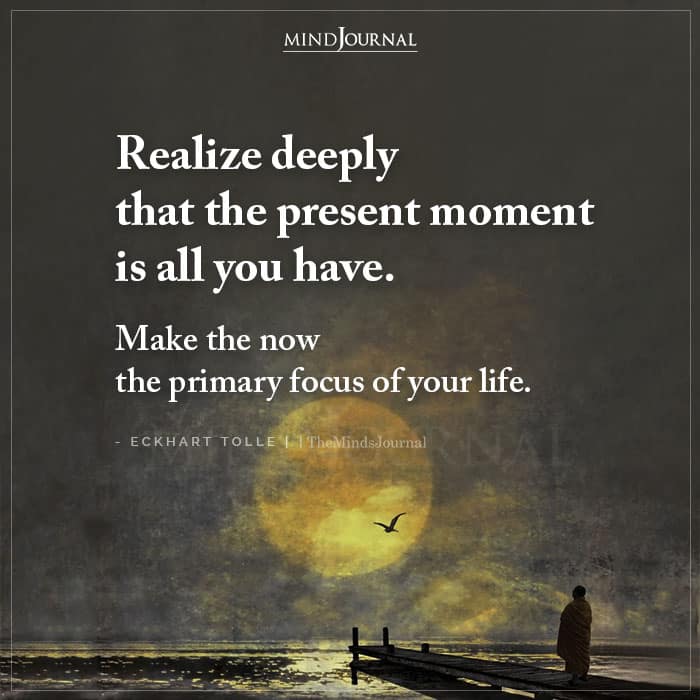Is your mind overwhelmed with a never-ending stream of thoughts, worries, and mental clutter? In such instances, it’s important to declutter your mind and unlock a state of calm and focus. Explore the 10 best strategies that will guide you toward a more organized and serene mental landscape.
Key Points
- Cluttered minds can weigh people down and cause unnecessary stress.
- Individuals can use simple practices to declutter and spring-clean their minds.
- It just takes a few minutes a day to create healthy, sustainable habits.
This time of year often brings thoughts of spring cleaning our homes—throwing open the windows, decluttering, and organizing. A fresh start to a new season feels light and hopeful.
It’s also the perfect time to spring clean our minds (and our lives in general) by taking stock and recommitting to our priorities.
Whether house or mind, attempting a massive overhaul all at once is not recommended—taking it one small step at a time is far more effective for sustainability and follow-through.
The following are some easy, fun tips to spruce up your life in manageable, bite-sized pieces.
Related: From Clutter To Calm: 15 Signs You Are A Minimalist
10 Ways To Declutter Your Mind
Begin with your mindset
1. Let go of thoughts that don’t serve you.
We find evidence for what it is we focus on. If my mind is trained on what’s not going well, I will notice the negative more—and vice versa. We can habituate our minds to be on the lookout for the good stuff daily.
2. Be in the moment.
We spend so much of our time in the past or in the future and miss out on what is happening right in front of us.
Notice when you are worrying (the future) or rehashing (the past) and come back to what’s here now. (Meditation also helps train our minds to be more in the present moment.)

3. Do a daily brain dump.
Get all of your to-do’s, worries, and thoughts down on paper first thing in the morning, or keep a notebook and pencil by your bed to jot down random thoughts when your mind is full late at night.
4. Do a digital or screen detox.
Spend a weekend day or shorter block of time screen-free in order to make room for creative thought.
Related: Why Is Spring Cleaning Important? 10 Surprising Health Benefits Of Decluttering Your Life
Surroundings
Where in your life could you use more organization? Even if you are a well-organized person, there is usually at least one area that can be streamlined—emails, finances, paperwork, the sock drawer—pick one. If you need some motivation, set a timer for 10 minutes or blast your favorite music.
Priorities
1. Reflect
After the upheaval of the past few years, what have you learned? What do you want to let go of, and what gets to stay?
If you’ve acclimated to a slower pace or more downtime, you might keep one day on the weekend for unscheduled rest or fun.
2. Identify your top four values
(What matters most to you—think nature, learning, community), and let them guide your actions and priorities. Knowing our top values helps keep our priorities and actions in check.
If family is one of your top values, for example, each time you decide whether or not to take on a work project or say yes to a social engagement, ask yourself if you are allowing enough family time.
Energy
1. Track your energy
Notice your level of energy when engaged in various activities or tasks. Do you love to garden? You might feel relaxed, calm, and content. Carve out time for more of that (and less social media, which likely drains you).
Does cooking dinner and deciding what to make tire you out? Meal plan, assign other family members to make dinner on certain nights, or order a meal subscription service. When possible, do more of what energizes you and less of what drains you. What can you add, delete, or delegate from your to-do list?
Related: How Clutter Affects Mental Health: The Psychology Behind It
2. Get outside and get moving
Spring ushers in a renewed sense of energy. Moving our bodies helps calm our minds and opens up creative thought.
Cold water swimming is trending to boost energy and ward off depression. Cold bodies of water are decidedly not for me. I do, however, love to step outside in the morning with my cup of coffee, listen to the birds sing, and let the cold air wake me up, starting the day refreshed.

3. Start a new healthy habit
Be intentional about what habit you choose. What do you want to do and why? Knowing our why helps renew our motivation when it inevitably flags.
I might, for example, begin stretching five minutes a day to increase flexibility, lessen stiffness, and prevent injuries, and it feels great!
Which one life spring cleaning tip will you experiment with today?
Written By Shonda Moralis MSW, LCSW Originally Appeared On Psychology Today










Leave a Reply